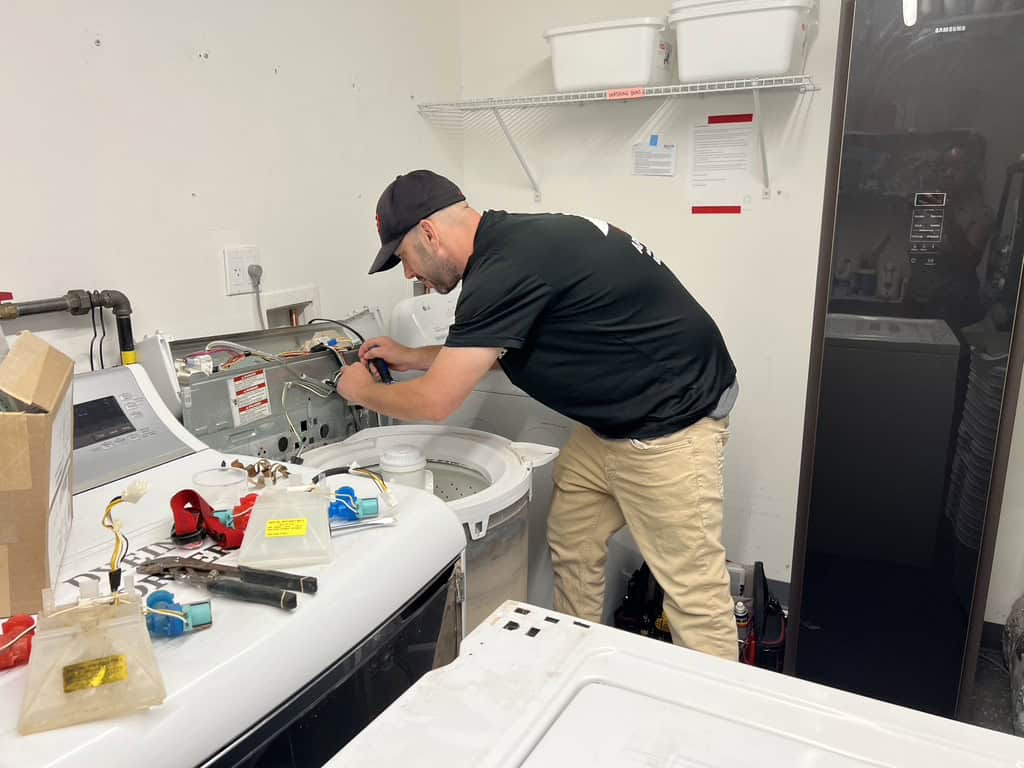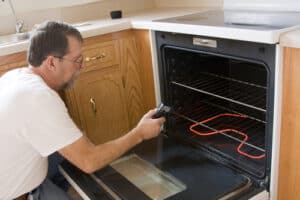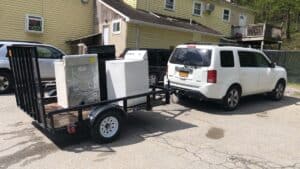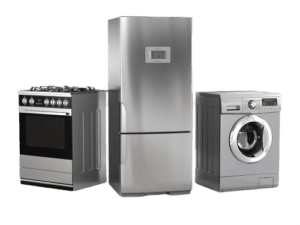A fresh-smelling washing machine is key to keeping your laundry clean and pleasant. Over time, however, it’s not uncommon for washing machines to develop unpleasant odors. These smells can cling to your clothes and compromise the freshness you expect from your laundry. If you’re facing this issue, you’re certainly not alone. Many homeowners experience odors emanating from their washers, and there are several strategies you can use to combat them effectively.
Understanding the Source of the Smell
The primary culprits behind a smelly washing machine are the buildup of detergent residue, mold, mildew, and the accumulation of lint and dirt. This is particularly true for front-loading machines that use less water, often leaving soap residues that aren’t completely rinsed away. Over time, these residues can harbor bacteria and mold, leading to unpleasant odors. Additionally, the door seal on front loaders can trap moisture, allowing mold to develop in these spaces.
Comprehensive Steps for Odor Elimination
Inspect and Clean the Door Gasket: Start by examining the rubber gasket on your front-loading washer. Gently pull back the flexible material and check for mold or debris trapped within the folds. Use a rag soaked in a mixture of equal parts white vinegar and water to clean it thoroughly. Ensure you wipe into the crevices, where mold growth is often hidden.
Run a Hot Water Cycle with Vinegar: Empty your washing machine and run a hot water cycle using two cups of white vinegar. This natural cleaning agent acts as a deodorizer and disinfectant. Allow the machine to soak in this solution for about 30 minutes before completing the cycle. For a deeper clean, you can combine vinegar with half a cup of baking soda.
Clean the Detergent Drawer: Pull out the detergent drawer completely and rinse it under warm water. Use an old toothbrush to scrub away any residue or mold that may have accumulated. Once clean, ensure the drawer is dry before reinserting it.
Air Out Your Washer: After each laundry session, leave the washer door open to air out the drum. This prevents moisture buildup, which helps deter mold and mildew growth.
Wipe Down the Interior and Exterior: Make a habit of wiping down your washing machine on the inside and outside after use. This quick routine helps remove moisture and residue that could lead to odors.
Clean the Washing Machine Filter: If your machine has a filter, check it regularly to ensure it’s free of lint and hair. A cleaned filter ensures efficient water drainage and reduces odors.
Preventing Future Odors
Regular maintenance is key to preventing odors from returning. Incorporate these cleaning steps into your routine, and consider using less detergent, as excess soap can contribute to buildup. Additionally, using high-efficiency (HE) detergents is recommended for washers designed to handle low-water wash cycles.
If persistent odors remain despite your best efforts, it could indicate a more systemic issue requiring professional service. Our team at Hudson Appliance Repair is ready to help with thorough assessments and effective solutions tailored to your washing machine’s needs. By keeping your washing machine clean, you ensure that your clothes come out fresh every time, enhancing both your laundry results and your appliance’s longevity.




